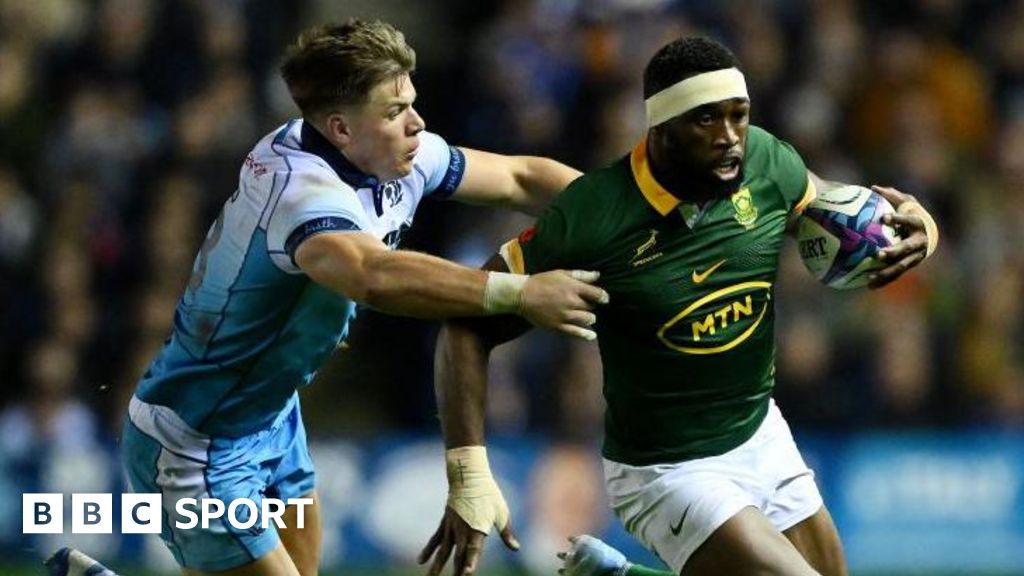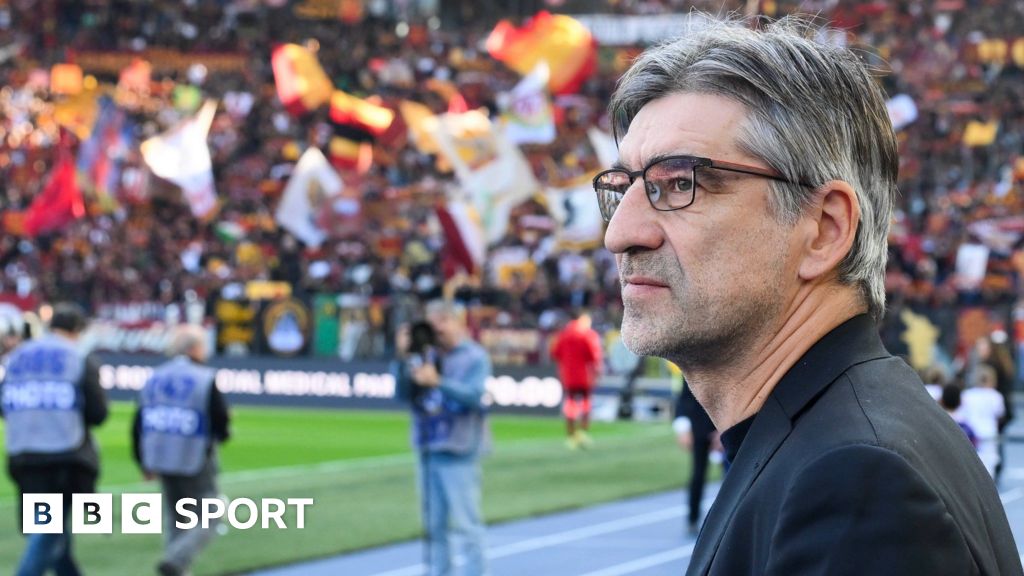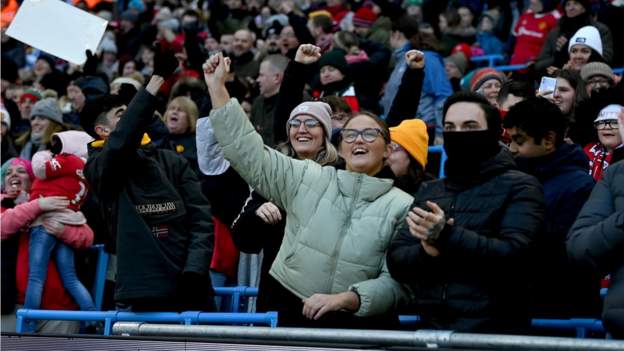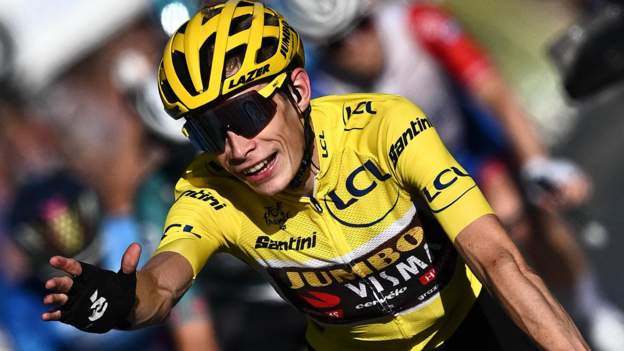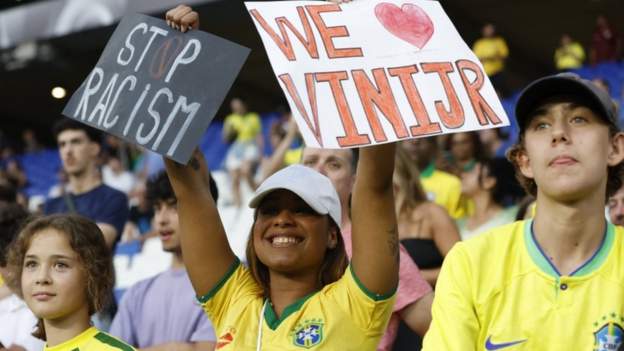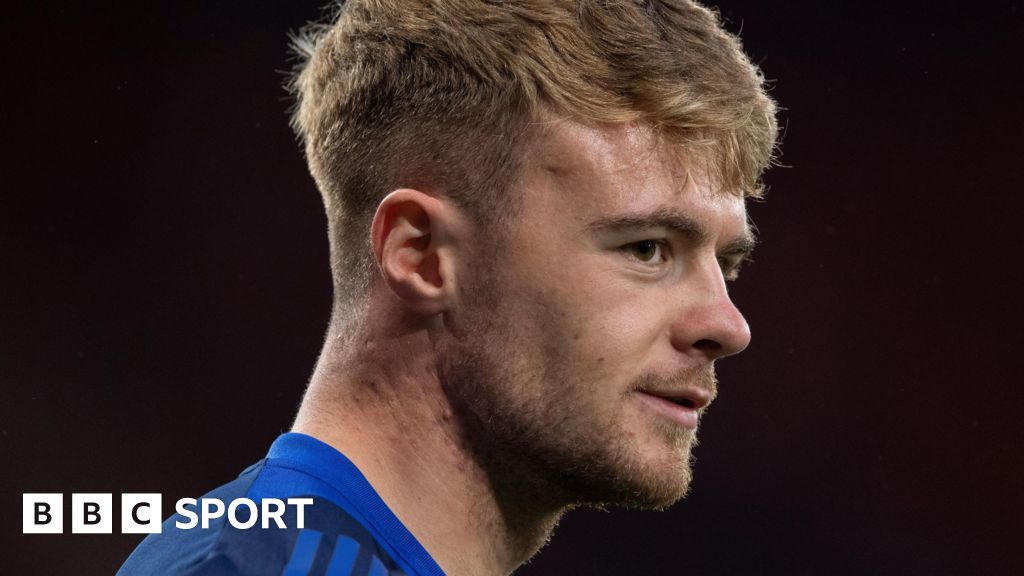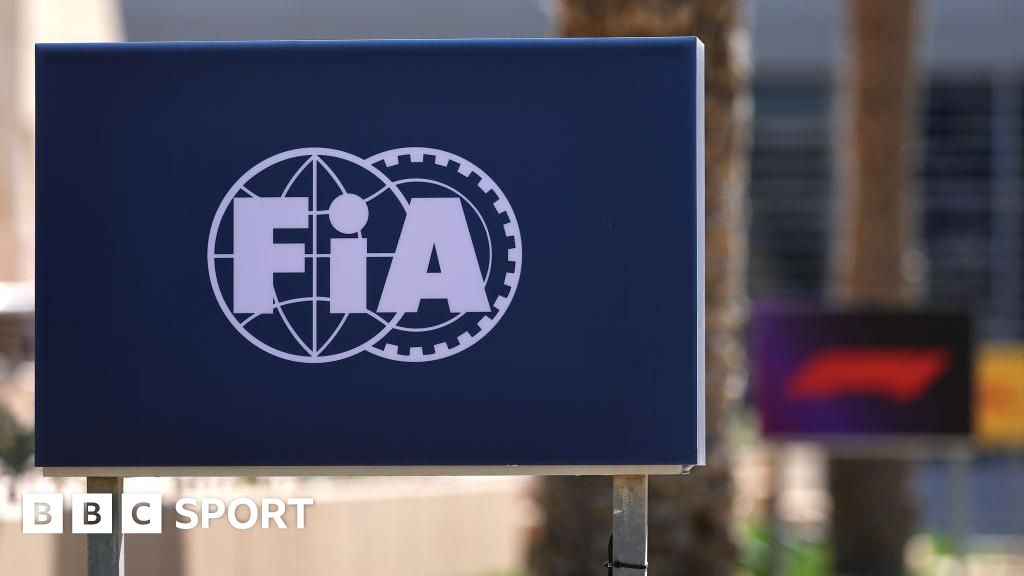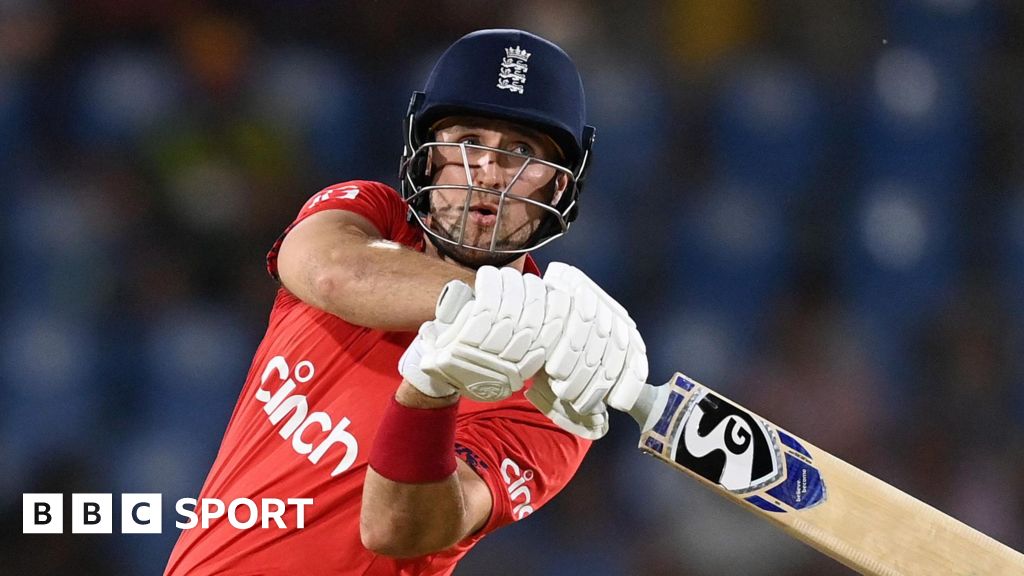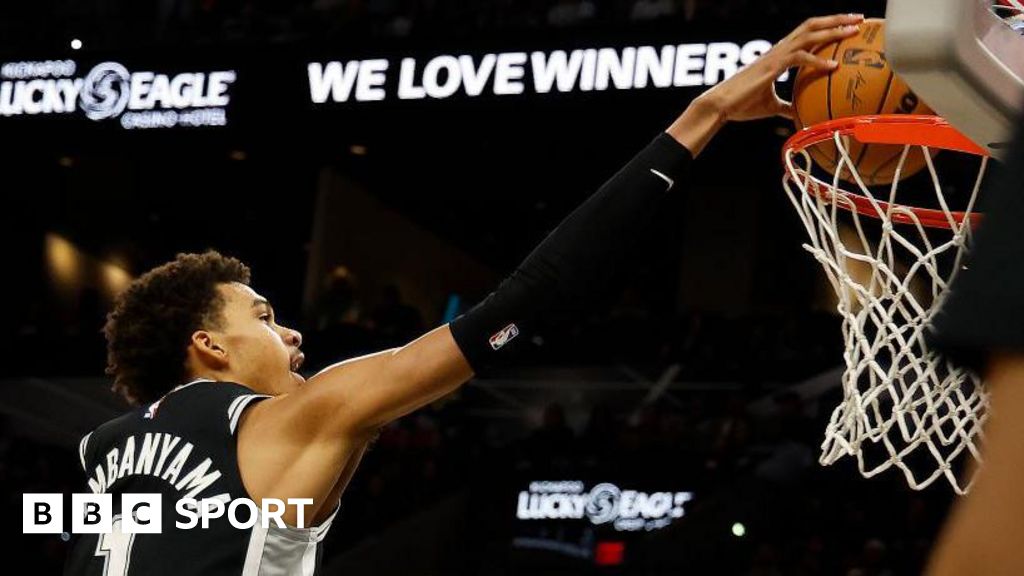Sarah Aitchison has been watching football for more than 20 years and is recalling the times where she has felt “violated, intimidated and frightened”.
There was the time, 15 years ago, when she worked as a hostess at a club where one man “put his hand on my behind” and another said “isn’t she lovely, do you want to take her home with you?”
There are more recent examples where she has been objectified by a “group of men chanting about what they want to do to your body” or being “belittled” when she tried to stick up for a female steward who was verbally abused and received no support from her male colleagues.
And then there are the general “sexist comments” as if she doesn’t know anything about football or doesn’t have an equal place at games.
None of this will come as a surprise to women who attend football matches. Historically, stories like this have not always been reported or perhaps even taken seriously.
That is slowly changing, however, and many will say, it is long overdue.
In August, Everton issued a “lengthy stadium ban” to a supporter for sexually assaulting a female fan during a match a Goodison Park. It was a rare occasion where a club publicly took action.
Roopa Vyas, who is on the board for female fans group Her Game Too – set up last year to tackle sexism in sport – says Everton set a “good example” and are one of 62 professional clubs who are partnered with the organisation.
“A lot of clubs will look into things but then may not respond or take the action that people expect, like banning a fan,” she tells BBC Sport. “I think it’s moving in the right direction, Everton’s approach was great but I want to see that consistently.”
How common is sexist behaviour in football?
| Premier League | 16 |
| Championship | 15 |
| League One | 28 |
| League Two | 9 |
| Non-league | 12 |
| Types of incidents include offensive chanting and sexual harassment |
Over the last year, Her Game Too has received more than 80 reports of sexual harassment or abuse at football matches.
There are no publicly available figures specifically of sexual assault or sexual harassment in the official Home Office data for the 2,198 football-related arrests by police at matches in England and Wales last season. There were 798 arrests for public disorder and 19 arrests for racist or indecent chanting.
Anti-discrimination campaign group Kick it Out received eight reports of incidents based on gender in the professional game for the 2021-22 season. That compares to 183 for race-related incidents and 108 based on sexual orientation.
Roopa, who is a Her Game Too ambassador for Liverpool, says the numbers will be higher, but cites several reasons that women do not come forward, including inadequate reporting systems and sexism not always being recognised alongside other types of discrimination.
Sarah also highlights how hard it is tackling a football culture which “has misogyny ingrained deeply into it”.
“There’s a particular chant where it talks about how wonderful the town or city is, because it’s full of female body parts,” she says. “To a lot of men, that would just seem like a harmless bit of banter.
“But actually, when you’re a woman and you hear a lot of men chanting something that basically reduces you to a list of sexualized body parts, it feels quite intimidating.”
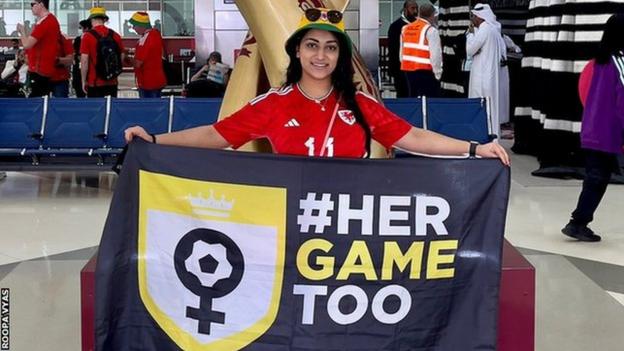
Roopa says it is “difficult” to know if sexual abuse at football is on the increase or because women are starting to feel more comfortable about reporting it. But she says Her Game Too, which is set to undergo a restructure next year, has been told about a “huge spectrum” of incidents.
“Derogatory comments are the main ones that come up,” she says. “Fans feeling uncomfortable or even just being in a stadium and hearing the singing. Women are often told they shouldn’t be at the football, in particular at away games, and then you get extremes of sexual assault.
“I know I’ve been in situations where a few years ago, I wouldn’t even think to tell anyone. But now I guess, with organisations like ours, and with clubs taking them more seriously and actually banning people or doing education programmes, it shows this behaviour is not acceptable.”
Sarah, who is also a Her Game Too ambassador, believes the incident where she was sexually assaulted would not happen now. “At the time, I was told ‘well, boys will be boys, you’ve got to look after the sponsors’,” she says. “But now the club is good at cultivating a culture of equality.”
She is unsure if that is replicated across the game, especially with fans, and says: “It feels like in the last few years, there’s more sexism than there was maybe five years ago.” The incident where she and the steward were verbally abused was only last season.
What more needs to be done?
There has been plenty of criticism of hosting the World Cup in Qatar, with reports of thousands of deaths of migrant workers during the construction of stadiums and infrastructure, while the safety of LGBTQ+ people because of existing laws in the country was also questioned.
But, anecdotally, some female fans have reported how they felt safer during the tournament than when attending football matches in England. However, these reports have come mainly from visitors to Qatar, rather than those who live there and may have a different experience.
It shows that, similar to the experience of attending women’s football matches, equality is not an unrealistic ideal and improvements can be made at men’s football.
One of those is fixing the circle of reporting. Clubs have told Roopa that they often cannot do anything unless there is a report. So ensuring women are offered the right support and discretion is key.
Another is male allyship and fans taking responsibility by “calling out” bad behaviour.
“I think a lot of women don’t report it because they feel like they won’t be listened to,” says Sarah.
“You almost need to act like one of the lads to be accepted as an equal,” she adds. “And I think a lot of women will feel, as I used to a long time ago, that if you speak up about things like this, you won’t be accepted anymore.
“So that’s really where we need male allies to be prepared to speak up and say ‘actually, no, that’s not OK’.”
The good news is that the clubs and leagues are on board. Her Game Too is already working with the English Football League on a number of measures including a Women’s Action Plan, with a conference scheduled for the end of the season.
The Premier League said it was speaking to a wide range of groups about their matchday experiences as it develops its Gender Equality Strategy.
A spokesperson said: “We do not tolerate abuse of any kind. We and our clubs encourage supporters to report any abuse and we continue to review how we can improve reporting processes.”
Roopa adds: “People really need to think about what they’re saying. We’re still a long way from some people actually accepting the fact that women like football.”








